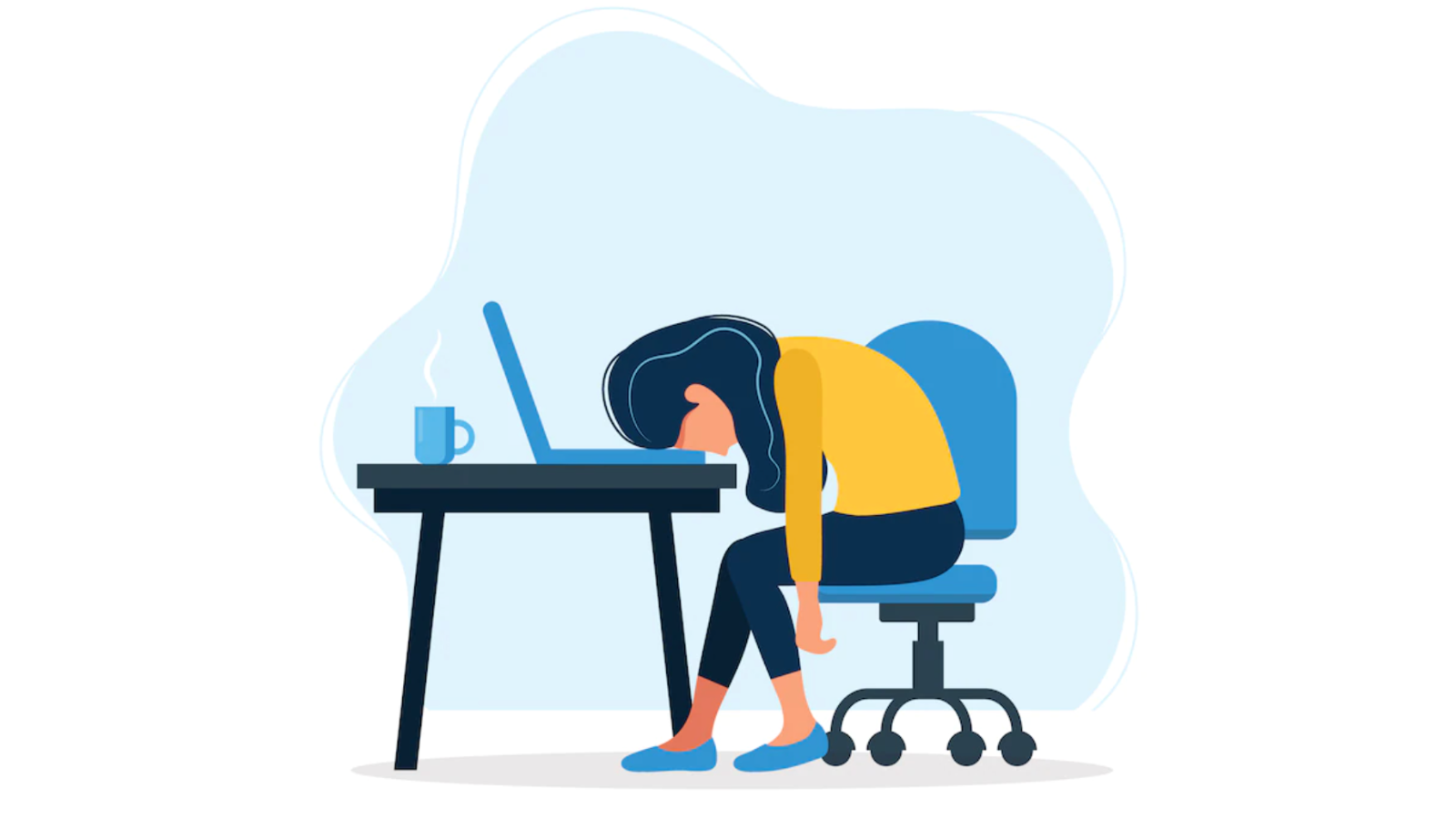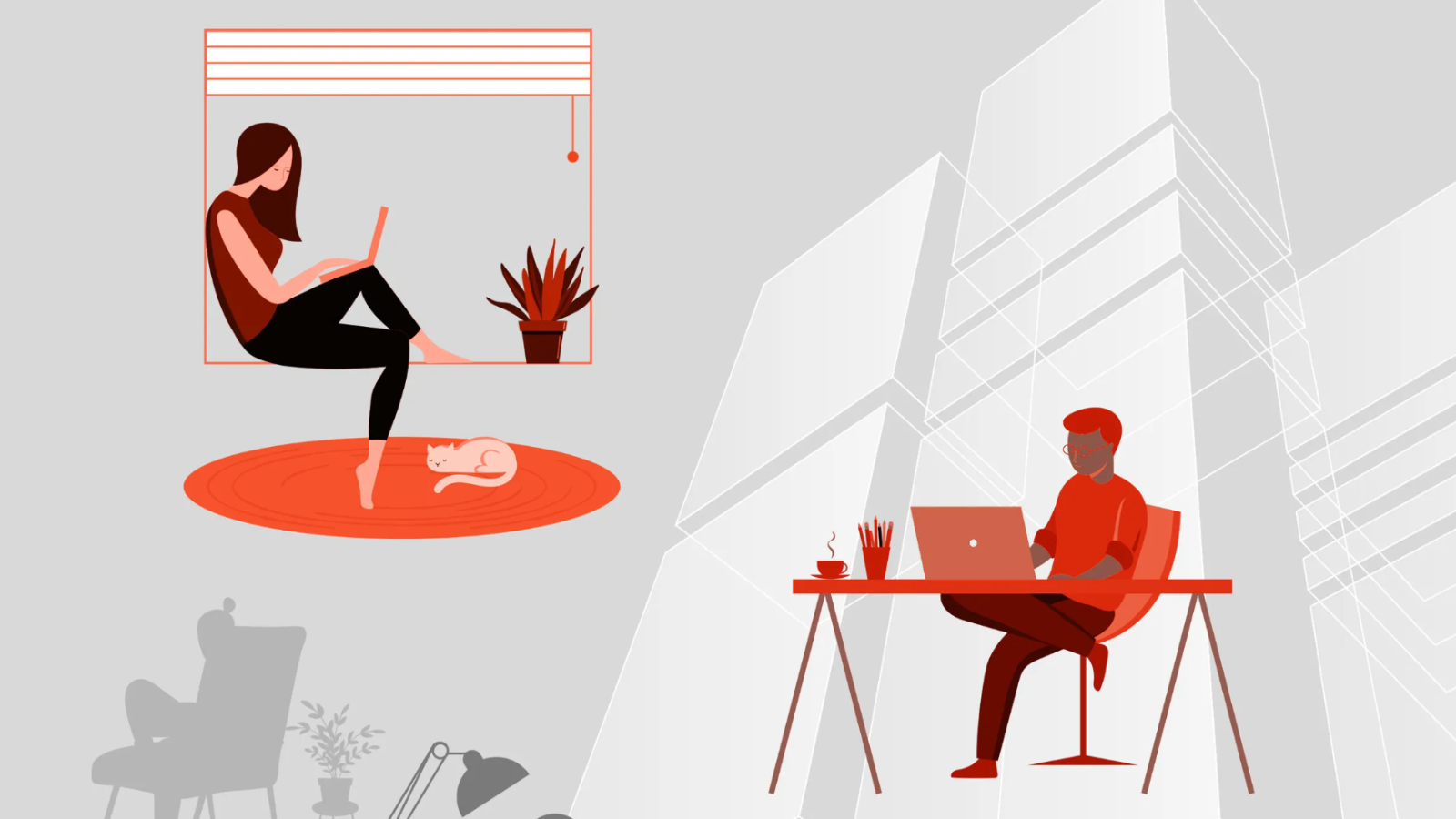
Future of Work Roundup: August 26
A look at “quiet quitting,” plus some stats on how too many meetings are bumming us out.
introducing webinar+

webinars that defy gravity

This week’s Future of Work Roundup focuses on the pros and cons of hybrid work; like how it’s affecting our sleep, why millennials are leading the way, and the big org who’s prioritizing it.
Research shows that inconsistent sleep schedules make us more tired and, thus, more irritable and stressed – impacting our work productivity and relationships with coworkers. And hybrid is encouraging people to tinker with their daily wake-up time.
Uhm, so, what are you trying to say?
The bottom line: Hybrid work has been exposing unexpected challenges – and all this sleeping in, while great in the moment, may not be so great in the long run.
The avocado toast generation is leading the wave of sleeping in and taking meetings in sweats. While 77% of Americans want to have the option to work remotely, when broken down by demographics, millennials want it the most – to the tune of 84% of ‘em.
Want? More like need.
The bottom line: It’s becoming abundantly clear for companies that to hire and retain qualified employees, they need to meet their needs of having a flexible work situation.
The classic reasons to go into the office (IRL collaboration, socialization, etc.) are not enough for most people to forgo their ability to snooze, make a charcuterie board for lunch, and spend more time with their family. That includes Shopify’s president.
So you agree…
The bottom line: More and more big companies are committing to functional hybrid work policies, which signifies the importance of leaning into making it sustainable.

A look at “quiet quitting,” plus some stats on how too many meetings are bumming us out.

The future of four-day work weeks, plus why women are quitting more than men.

Six experts forecast the future of work, plus driving higher work performance through closer connections.